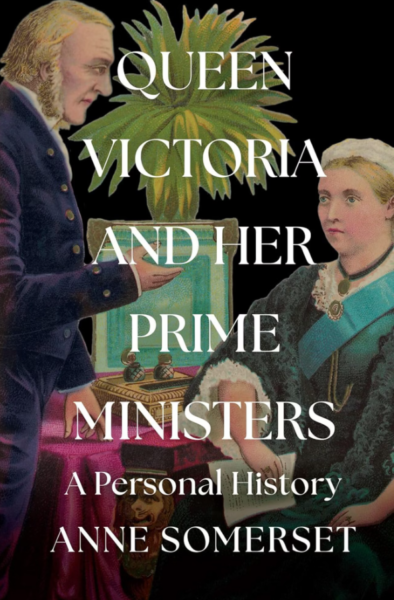In The Critic, Jonathan Parry reviews Queen Victoria and Her Prime Ministers: A Personal History by Anne Somerset:
In 1875, Queen Victoria sent Benjamin Disraeli a long and querulous letter “about vivisection, which she insists upon my stopping, as well as the theft of ladies’ jewels”. Similar heated and impracticable demands might arrive on his prime ministerial desk several times a day. He was not alone in thinking her “very wilful and whimsical, like a spoilt child”.
After the Conservative ministry’s defeat at the 1892 general election, Victoria complained it was “a defect in our much famed constitution to have to part with an admirable government like Lord Salisbury’s for no question of any importance or any reason, merely on account of the number of votes”.
Victoria’s outbursts to, and about, her ten prime ministers over the 64 years of her reign provide the meat of Anne Somerset’s book. Most of her letters were extremely forthright; some were endearing; not a few seem demented. She found disturbances to her comfort or routine particularly intolerable, such as ministerial crises which erupted in Ascot week or during one of her pregnancies.
Somerset’s approach is exhaustive and chronological. Gluttons for Victorian political history will probably enjoy it; she writes well and authoritatively, though could be more concise. Over nearly 600 pages, the effect of this torrent of royal complaint is overwhelming. It’s easy to see why a shaken Bismarck stuttered, “Mein Gott! That was a woman!” after his only audience with Victoria in 1888.
The book is presented as a “personal history” of the exchanges between her and her premiers. Most readers will sympathise with the men who had to manage her tactfully; many will wonder why they put up with it.
Yet they put up with it because of the principles at stake, which a “personal” account cannot bring out properly. Beneath the excitable phrases and endless underlining, Victoria’s correspondence doggedly promoted a coherent policy. She fought to maintain the authority of the Crown within the constitution, seeing it as essential for effective government. Her worry was that popular pressure would destabilise politics, through extra-parliamentary agitation but also through parliamentary organisation. So she was very suspicious of political parties, which she saw as factional agencies whose populist demands would disrupt the constitutional status quo.
Politically she remained a Hanoverian monarch: she believed the Crown should manage parliament through ministers chosen for their competence, loyalty and patriotism, not their commitment to popular causes. She even tried (unsuccessfully) to glean information on internal cabinet arguments so she could play her ministers off against each other, a trick used by her Georgian predecessors until the cabinet managed to assert collective responsibility in the 1820s.




